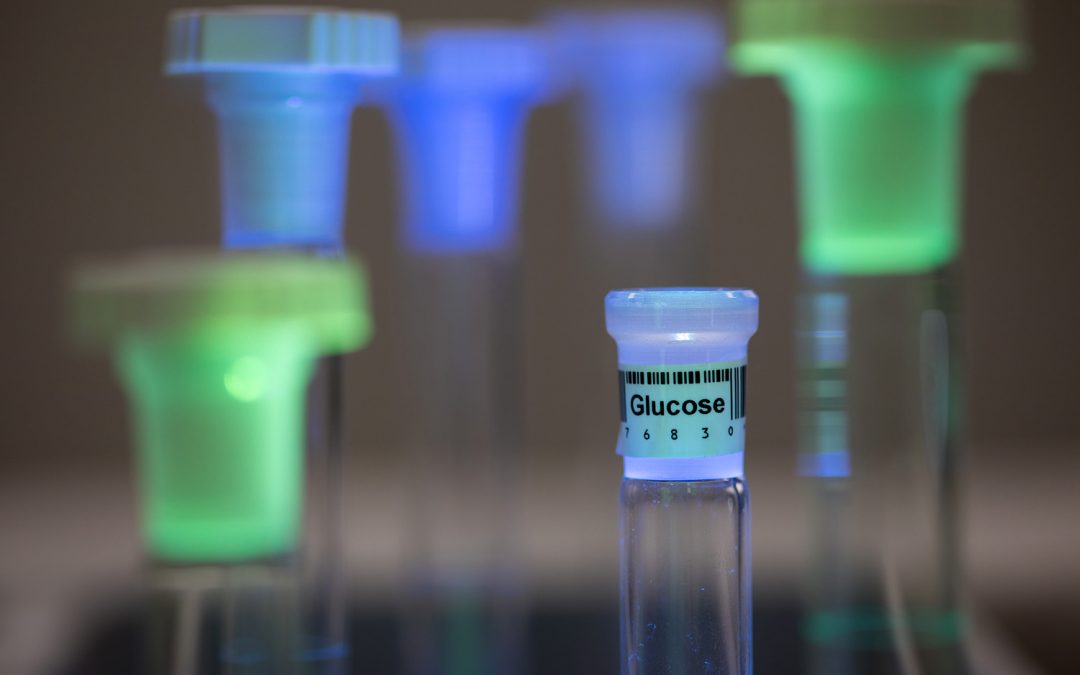
Indigo Diabetes N.V. (‘Indigo’ or the ‘Company’), a pioneering developer of medical solutions using nanophotonics, today announces the enrollment of the first participant in Belgium in the SHINE clinical trial, which is designed to evaluate the longer-term stability of Indigo’s continuous multi-metabolite (‘CMM’) device.
Indigo’s subcutaneously inserted CMM device is in development for the continuous measurement of glucose, ketone and lactate levels in people living with diabetes.
This first participant enrollment, an important Company milestone, has taken place at Antwerp University Hospital (UZA) and represents the first of 15 participants to be recruited in the trial across Belgium, France and Slovenia.
Indigo has recently submitted a paper on the data from its successfully concluded GLOW trial, the first-in-human clinical study of Indigo’s CMM sensor, to a peer-reviewed journal for publication.
PROFESSOR CHRISTOPHE DE BLOCK, PRINCIPAL INVESTIGATOR OF THE SHINE TRIAL AT ANTWERP UNIVERSITY HOSPITAL COMMENTED: “Continuous monitoring of glucose levels is key in managing diabetes to prevent devastating acute and long-term complications. The possibility of monitoring other biomarkers such as ketones and lactate will take continuous monitoring to the next level. It is a privilege to lead the SHINE clinical trial to evaluate the safety and performance of this ground-breaking novel technology.”
DANAË DELBEKE, CEO, INVENTOR AND CO-FOUNDER OF INDIGO DIABETES N.V. ADDED: “The start of the SHINE trial is an important milestone for Indigo and follows the successful conclusion of the GLOW trial earlier this year, the results of which we’ve submitted to a peer-reviewed journal for publication. Many multi-metabolite monitoring devices under development sit on the skin and are highly visible, which some people do not like because they can feel self-conscious, stigmatized and uncomfortable. Indigo’s continuous multi-metabolite monitor is subcutaneously inserted and is designed to be inconspicuous. We look forward to seeing how it performs in this longer-term stability trial.”
Source: Company Press Release






